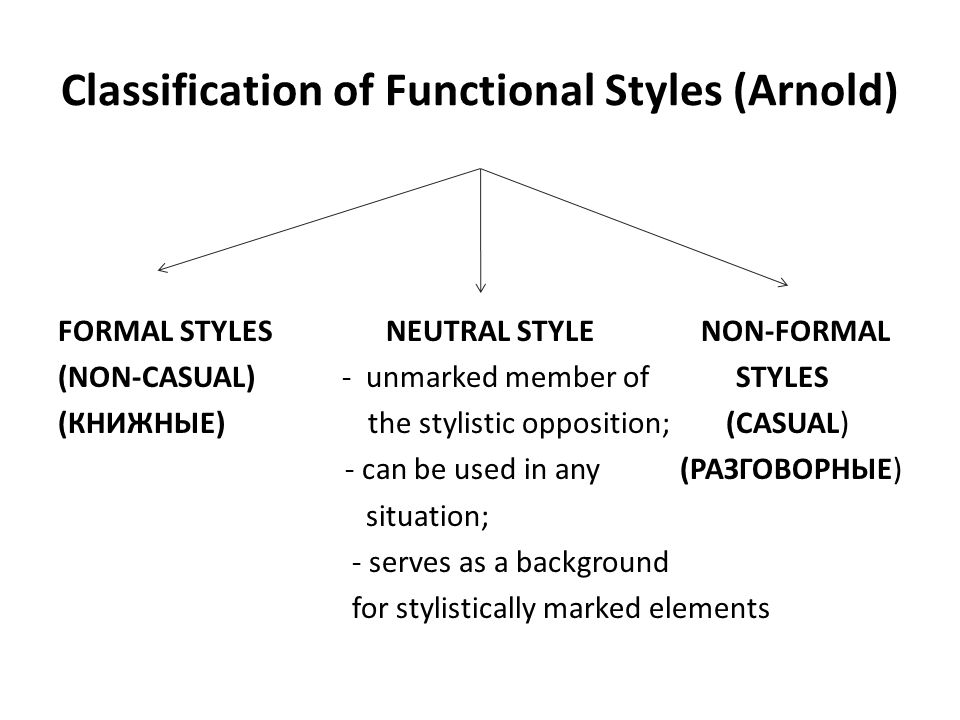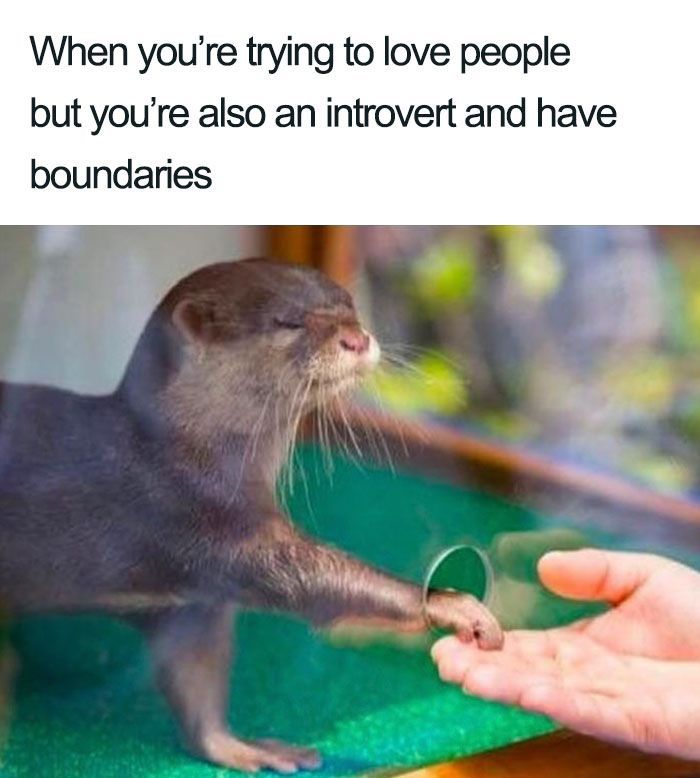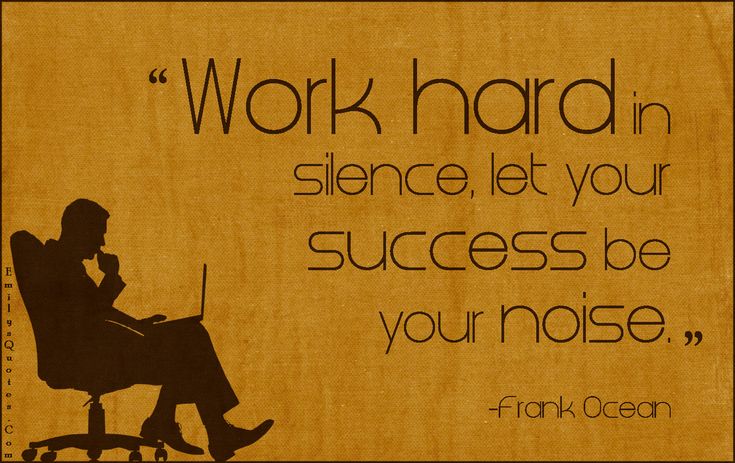Oppositional conversational style
The Psychology of Oppositional Conversational Style (OCS)
Back by popular demand is the assay I wrote about the “oppositional conversational style” (OCS). This post really seems to strike a chord with people.
Which surprised me at first, because when I identified OCS, I thought I was the only person who had ever noticed it.
Turns out that many people have noticed it! From both sides of the OCS-dominated conversation.
A person with oppositional conversational style is a person who, in conversation, disagrees with and corrects whatever you say. He or she may do this in a friendly way, or a belligerent way, but this person frames remarks in opposition to whatever you venture.
I noticed this for the first time in a conversation with a guy a few months ago. We were talking about social media, and before long, I realized that whatever I’d say, he’d disagree with me. If I said, “X is important,” he’d say, “No, actually, Y is important.
” For two hours. And I could tell that if I’d said, “Y is important,” he would’ve argued for X.
I saw this style again, in a chat with friend’s wife who, no matter what casual remark I made, would disagree. “That sounds fun,” I observed. “No, not at all,” she answered. “That must have been really difficult,” I said. “No, for someone like me, it’s no problem,” she answered. Etc.
Since those conversations, I’ve noticed this phenomenon several times.
Here are my questions about oppositional conversational style:
Is OCS a strategy that particular people use consistently? Or is there something about me, or about that particular conversation, that induced these people to use it?
Along those lines, is OCS a way to try to assert dominance, by correction? That’s how it feels, and also…
Do people who use OCS recognize this style of engagement in themselves; do they see a pattern in their behavior that’s different from that of most other people?
Do they have any idea how tiresome it can be?
In the case of the first example, my interlocutor used OCS in a very warm, engaging way. Perhaps, for him, it’s a tactic to drive the conversation forward and to keep it interesting. This kind of debate did indeed throw up a lot of interesting insights and information. But, I must admit, it was wearing.
Perhaps, for him, it’s a tactic to drive the conversation forward and to keep it interesting. This kind of debate did indeed throw up a lot of interesting insights and information. But, I must admit, it was wearing.
In the second example, the contradictory responses felt like a challenge.
I described oppositional conversational style to my husband and asked if he knew what I was talking about. He did, and he warned me, “Watch out! Don’t start thinking about this, and then start to do it yourself.”
I had to laugh, because he knows me very well. I have a strong tendency towards belligerence—for instance, it’s one reason I basically quit drinking — and I could easily fall into OCS. (I just hope I don’t exhibit OCS already, which is quite possible.)
But I do recognize that to be on the receiving end of the oppositional conversational style—to have someone keep telling you that you’re wrong, over and over—is not pleasant.
It’s wearing at best, and often highly annoying. Even in the case of my first example, when the OCS had a fun, friendly spirit, it took a lot of self-command for me to stay calm and un-defensive. Many points could have been made in a less “Let me set you straight” way.
Even in the case of my first example, when the OCS had a fun, friendly spirit, it took a lot of self-command for me to stay calm and un-defensive. Many points could have been made in a less “Let me set you straight” way.
And in the second example, I felt patronized. Here I was, trying to make pleasant conversation, and she kept contradicting me. It was all I could do not to roll my eyes and retort, “Fine, whatever, actually I don’t care if you had fun or not.”
Now, I’m not arguing that everyone should agree all the time. Nope. I love a debate (and I’m trained as a lawyer, which definitely has made me more comfortable, perhaps too comfortable, with confrontation). But it’s not much fun when every single statement in a casual conversation is met with,“Nope, you’re wrong; I’m right.” Skillful conversationalists can explore disagreements and make points in ways that feel constructive and positive, rather than combative or corrective.
What do you think? Do you recognize it in other people–or in yourself?
Oppositional Conversational Style | Dr.
 Ian O'Byrne
Ian O'Byrne
In an earlier post, I discussed how to debate with others in real life. As we engage in discussion or debate with others, we often come across the person that wants to argue just for the sake of arguing.
Gretchen Rubin identifies this as oppositional conversational style.
Oppositional conversational style is a person, who in a discussion or debate disagrees with and corrects everything that you say. They may do this in a friendly or perhaps a belligerent manner. This may be face-to-face, or in online settings.
What does this look like?
This person will provide facts, alternative facts, beliefs, & suppositions all to suspend or carry on the debate. There is no desire to engage in a real debate. There is also no desire to come to a common ground through dialogue.
The individual may not listen in the debate. They frequently interrupt, monopolize, and/or hijack the conversation to present their own agenda.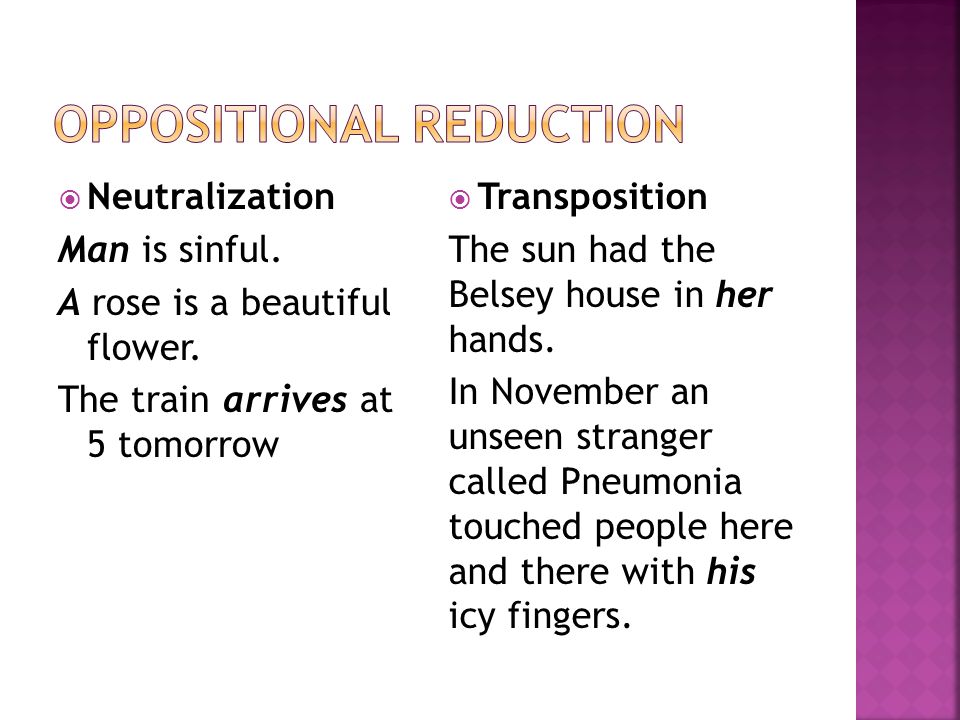
This may include attempts to force a dynamic in the discussion, or not moving on from a topic when both parties are not receptive. Alternatively, this may also include randomly and abruptly changing topics without transition or apparent reason.
There may be several reasons individuals engage in oppositional conversational style. It could be that emotions are causing them to act irrationally. They may be trying to cover up an incomplete understanding of the facts. They may simply not have the knowledge or intellectual fortitude to engage in discussion or debate.
What to do
In these instances, we often want to continue to debate and understand the individual…or make them understand our point of view. This is often a fruitless endeavor.
Keep in mind that it’s not always necessary to change someone’s mind. Do not get emotionally overwhelmed in the interaction.
Realize that some issues are objective and some are subjective. Objective issues deal with concrete, or observable facts.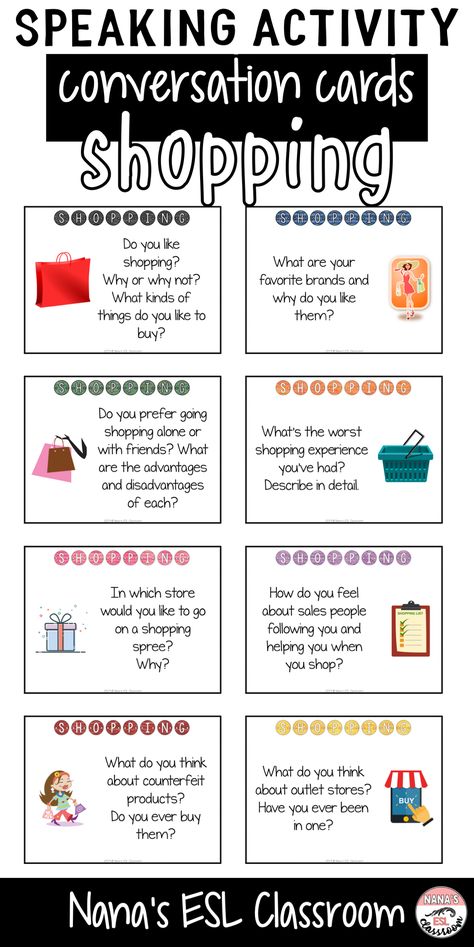 If the other individual does not want to discuss facts, you may be arguing in vain.
If the other individual does not want to discuss facts, you may be arguing in vain.
Move on
When you find yourself in a discussion or debate with someone that utilizes an oppositional conversational style, the best course of action may be to end the discussion before it starts.
If you see any of the patterns identified above, it may be best for you to end the debate before it continues.
I believe that it is much easier to be direct and honest with the individual. Ask them the following question:
Is there anything that I can say to change, or make you reconsider, your perspective?
If they indicate that there is nothing you can say or do to make them change their mind, it is time to remove yourself from the conversation.
Your relationship with the person should dictate your response. If it is a family member you may decide to ask them about their conversational style to better understand their logic. If it is a boss or co-worker, it might be better to accept their position and move on. If this is an acquaintance or someone that you don’t really know, you should change the subject, or walk away.
If this is an acquaintance or someone that you don’t really know, you should change the subject, or walk away.
If you value this content like this about critical thinking, you should subscribe to my weekly newsletter.
Image Credit
WRITTEN BY
TAGS
debate discourse discussionWatch for "I'm Right, You're Wrong" World of Psychology
A few days ago I posted about what I describe as " Oppositional Conversation Style " (OCS for short), and I was overwhelmed by the fervent response.
I thought I identified some obscure, rare pattern of human interaction, but it turns out that many people have already identified such interaction.
A person with an "oppositional conversational style" is a person who disagrees in a conversation and corrects everything you say . Maybe friendly, maybe belligerent, but their remarks are the opposite of what you are saying.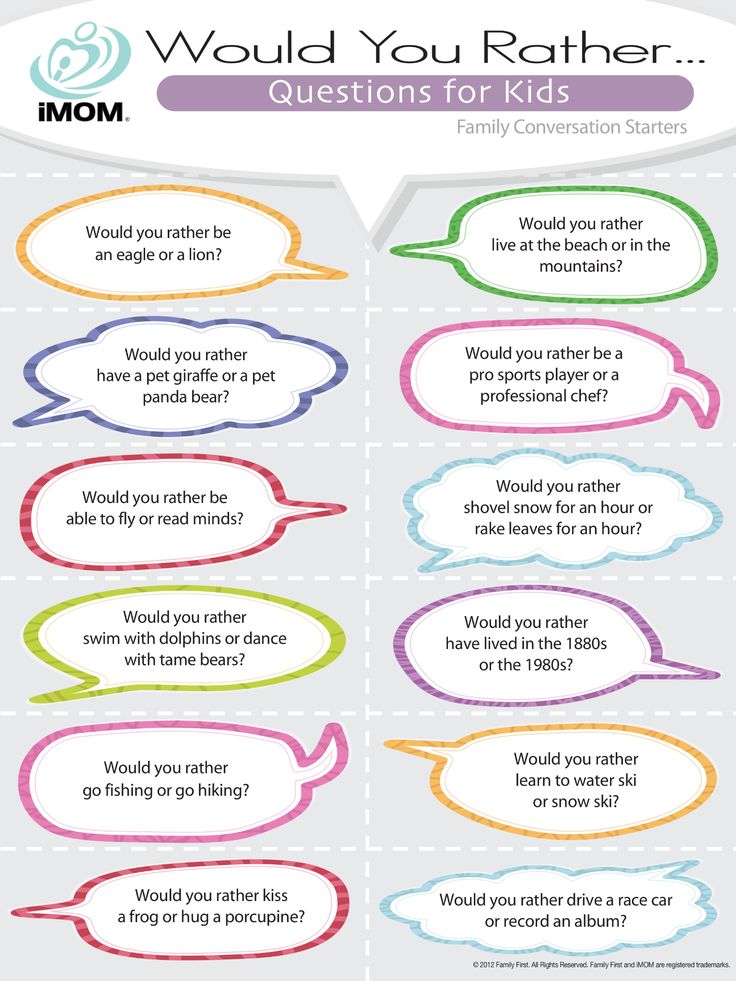
I was fascinated by reading people's comments. I learned a few things.
- Fill in the blank: _____ A good servant, but a bad master "Secrets of Money" and "Pale Independence"
First, people recognize this pattern easily. ACS appears to be a widespread phenomenon.
Secondly, it is very difficult for people to be on the receiving side of the OCS. Be repeatedly told “I'm right; you're wrong", annoying in any context.
Thirdly, at least some people who practice OCS recognize it on their own, and they believe there is value in such an exchange. They interact with others in a way that because they are interested in discussing or want to pinpoint the facts, or because they want to make it clear that there is another side of the argument (even if they don't particularly believe in that side of the argument, they want to study it).0005
- Don't have time for something important to you? Try to start early
- Fathers who care
- Prosperous Help from Marty
- It's about the beginning I wish I could
- Happiness is.
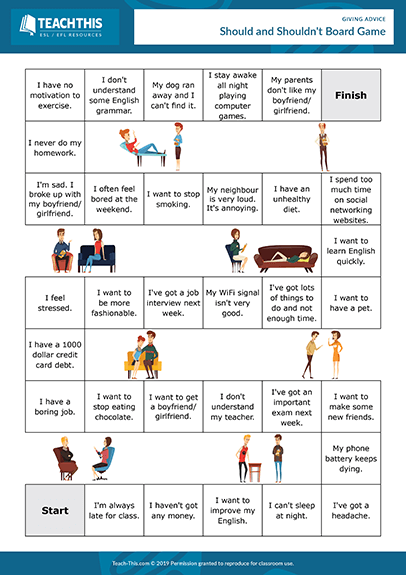 .. a good book. So, new feature! Book Club!
.. a good book. So, new feature! Book Club!
Fourth, OCS is sometimes associated with the Tigris and Ieore distinction. OCS seems to be associated with Eeyoredom, although not everyone who exhibits OCS is an Eeyore.
I think it's useful to watch for "oppositional conversational style." Sometimes just being able to identify what's eavesdropping on you somehow lessens the annoyance. Instead of responding to the exchange without hesitation, you realize, “Oh, I'm in the presence of an oppositional conversational style! How very interesting! nine0005
And for those who use an oppositional conversational style, it's helpful to recognize your pattern of behavior - and recognize its likely consequences for others. You may not care if you annoy people, or maybe you do. Whether or not you agree that people should be irritated, they seem to be irritated.
Do you recognize oppositional style in someone you know or in yourself? What is your reaction to this way of communication?
I'm working on Project Happiness and you can have one too! Each project will look different, but it's a rare person who can't win.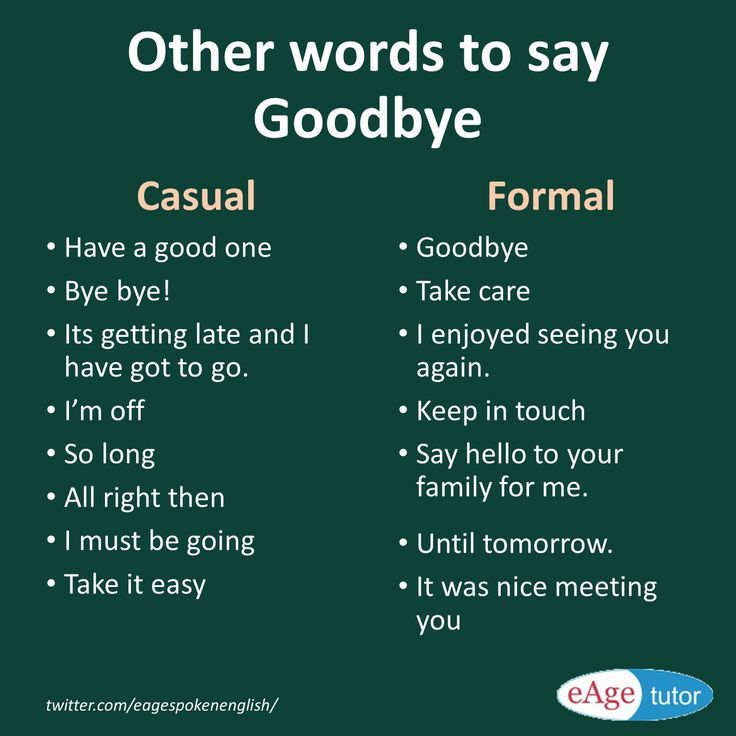 Join - no need to catch up, just jump right now. Each Friday post will help you think about your own happiness project.
Join - no need to catch up, just jump right now. Each Friday post will help you think about your own happiness project.
Also …
-
A friend sent me a link to The Creativity Post - "quality content on creativity, innovation and imagination."
nine0016 -
Do you want to start or join a group for people who work together on happiness projects ? Get information here; you can download " starter kit " for group start here. These groups started all over the world.
- Good news and bad news… & Woody Allen
- How to fire someone with dignity
- Not enough hours in the day? No time for friends? Read more...
- Every morning happens every morning...
- I'm very happy, today my book is taking over the shelves and it's my anniversary
- Q: What small treats are you giving away?
- Knowing that you are happy without feeling it?
- Life, Love & Tebow
- Be Careful of the Moderation Goal, Plus a Party Purse
- Falling in Love
George Orwell 1984 review by Kolenbass
Heard about the novel before reading it, besides, I knew that the dystopias (films) I had watched owe a lot to this novel.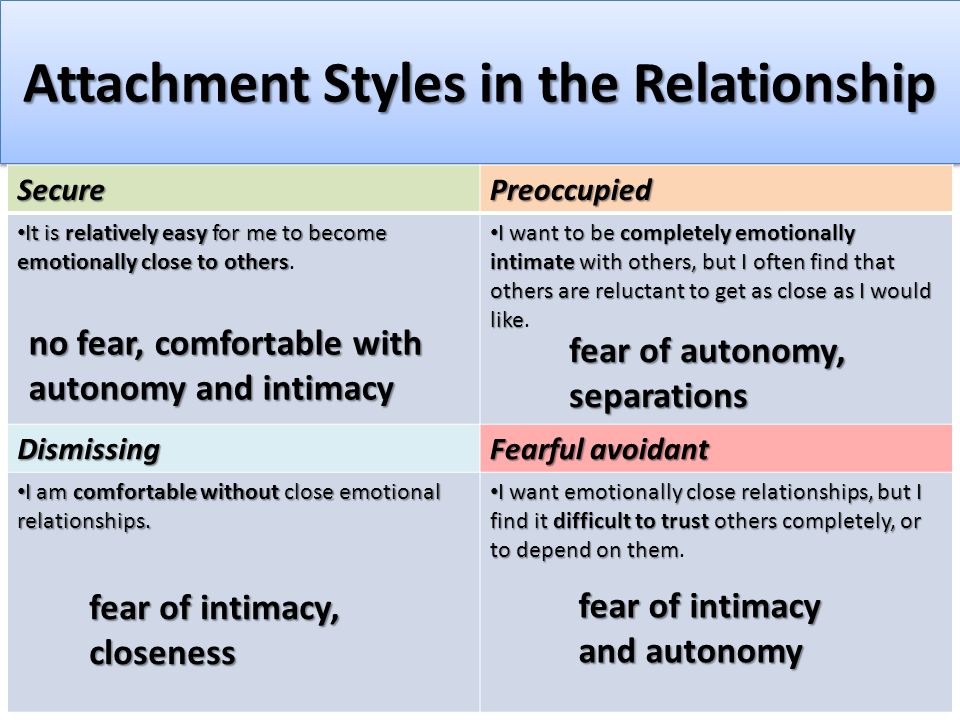 Before that, I read Fahrenheit 451. I did not take Zamyatin in my hands, but I am going to do it in order to more fully build a picture of this genre. nine0005
Before that, I read Fahrenheit 451. I did not take Zamyatin in my hands, but I am going to do it in order to more fully build a picture of this genre. nine0005
Reading the first part of this book, I began to notice allusions to the Soviet Union and even began to write them down. On the fourteenth note, I suddenly thought that I was doing this in vain, because the obviousness of comparing the reality of the novel with Soviet reality is obvious. Here are some of the similarities that I personally identified: 1) The buildings of the ministries are Stalinist skyscrapers (there are only 7 of them, and in the novel there are 4). 2) The portrait of the Elder Brother is Stalin, with a mustache, his face is not beautiful, but attractive as a man. 3) Newspeak, telescreen, mini-rights - the rejection by the futurists of the old grammar, the compilation of new words, abbreviations (city committee, executive committee, people's commissariat, etc.). 4) Emmanuel Goldstein - Trotsky expelled from the USSR (Jew, goatee).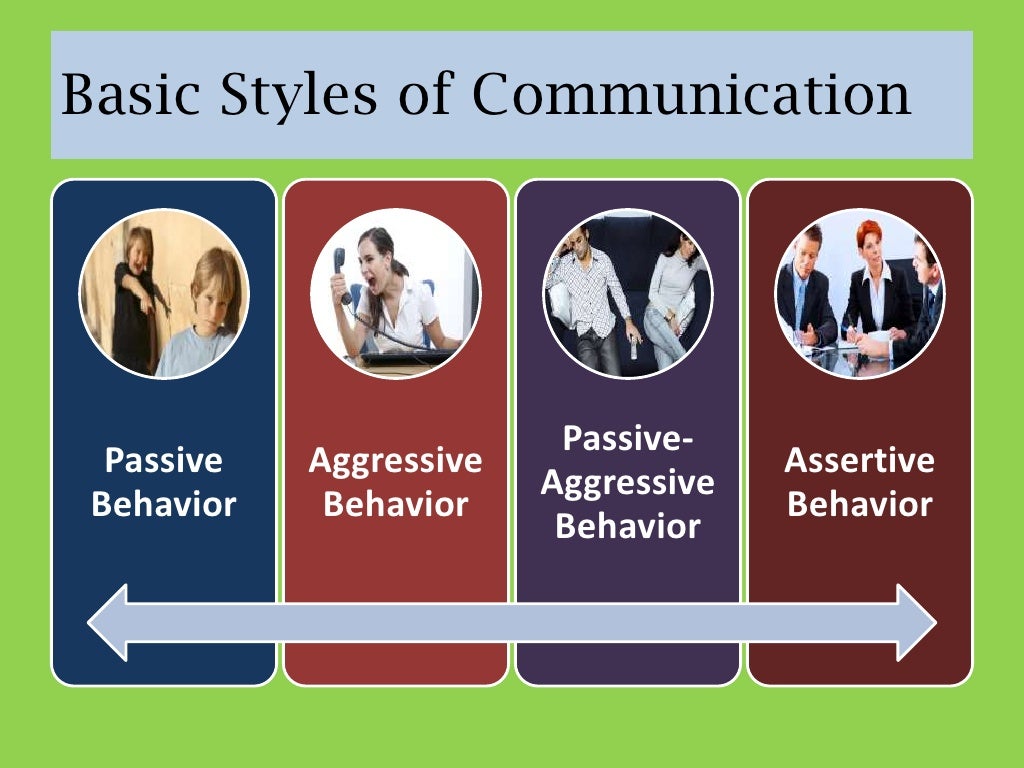 5) Falsification of photographs - a photo with Stalin, where they erased those who were shot or fell out of favor (Yezhov, for example. A hint that these people did not exist, they are not faces). 6) The conversational style of Big Brother - Stalin's style of speaking with questions and answers, and almost ten other coincidences. I had mixed thoughts about this. On the one hand, these coincidences should have given me the idea that this was the USSR of the era of Stalinism, which lasted until 1984 years old, on the other hand, I thought that noticing these coincidences I fall into a trap and involuntarily compare the Union with Oceania. Later, when reading Goldstein's book, the author made it clear that these, of course, were not Russian communists and German Nazis (the use of these historical phenomena in one sentence was a clear insult to me), this was already a more perfect totalitarian system, and it immediately occurred to me that this is the USA. Especially after reading the third part, which is filled with descriptions of the torture of the imprisoned Winston, I remembered the psychotherapy of the 20th century: experiments with LSD-25, thorazine, shock therapy and lobotomy through the eye.
5) Falsification of photographs - a photo with Stalin, where they erased those who were shot or fell out of favor (Yezhov, for example. A hint that these people did not exist, they are not faces). 6) The conversational style of Big Brother - Stalin's style of speaking with questions and answers, and almost ten other coincidences. I had mixed thoughts about this. On the one hand, these coincidences should have given me the idea that this was the USSR of the era of Stalinism, which lasted until 1984 years old, on the other hand, I thought that noticing these coincidences I fall into a trap and involuntarily compare the Union with Oceania. Later, when reading Goldstein's book, the author made it clear that these, of course, were not Russian communists and German Nazis (the use of these historical phenomena in one sentence was a clear insult to me), this was already a more perfect totalitarian system, and it immediately occurred to me that this is the USA. Especially after reading the third part, which is filled with descriptions of the torture of the imprisoned Winston, I remembered the psychotherapy of the 20th century: experiments with LSD-25, thorazine, shock therapy and lobotomy through the eye. All sorts of terrible mockery of prisoners, deprivation of their sleep, food, water, their disorientation in time. The totalitarian hysteria of the 20th century did not extend only to the USSR, the opposition camp also resorted to rather severe measures of punishment for those who were objectionable, to mass espionage and denunciations. For almost the entire 20th century, something sinister and threatening to human life really reigned in European and American cultures. As soon as the postmodernists did not try to ruin human life, however, their fears were somewhat justified, but we will not go into the description of the culture of the 20th century, because this is a very big deal for me. One has only to say that now, it seems, everything is not so. I do not undertake to speak about this exactly, because it seems to me that mass culture controls the minds of people, makes them less free. removes from high ideas, makes everything very simple, gives only imaginary freedom, freedom of lust, rudeness and black humor.
All sorts of terrible mockery of prisoners, deprivation of their sleep, food, water, their disorientation in time. The totalitarian hysteria of the 20th century did not extend only to the USSR, the opposition camp also resorted to rather severe measures of punishment for those who were objectionable, to mass espionage and denunciations. For almost the entire 20th century, something sinister and threatening to human life really reigned in European and American cultures. As soon as the postmodernists did not try to ruin human life, however, their fears were somewhat justified, but we will not go into the description of the culture of the 20th century, because this is a very big deal for me. One has only to say that now, it seems, everything is not so. I do not undertake to speak about this exactly, because it seems to me that mass culture controls the minds of people, makes them less free. removes from high ideas, makes everything very simple, gives only imaginary freedom, freedom of lust, rudeness and black humor.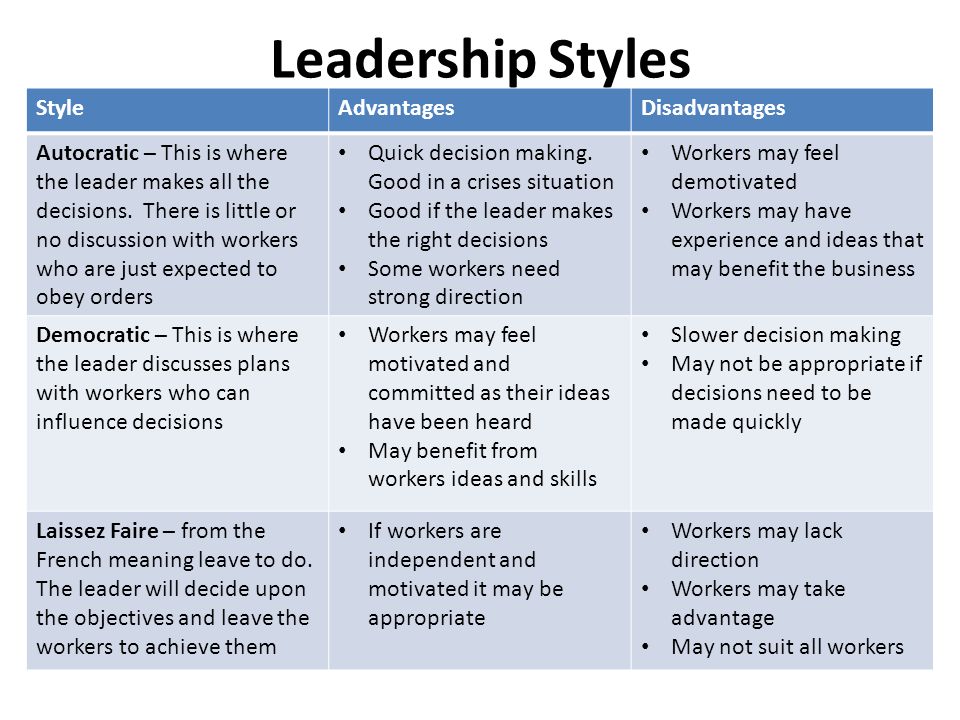 I myself think that totalitarianism now has a different face. Namely, he has no face. We do not have an obvious oppressor, and therefore it seems to us that we ourselves are to blame for all the sins - after all, we are free. But how free are we? What educates us? What defines and determines our life? We are all in this culture, which, at first glance, is so diverse and wide, but still limited. We are given this diversity - just take it, but for some reason we do not take it, often, but simply vegetate. Winston had nothing to take, but he knew that he wanted what he could not, but we settle for little. We reject the elite (as culturologists call it) culture since childhood, and take what is easier (and this is enough). We seem to have a choice, but for some reason we cannot choose reading, but choose a movie. Or not Chopin, but Offspring. Modern music is a constantly recurring motif that has no development. It's the same constant. You can object by saying that this is just another stage in the development of art, and I have nothing to even object to this.
I myself think that totalitarianism now has a different face. Namely, he has no face. We do not have an obvious oppressor, and therefore it seems to us that we ourselves are to blame for all the sins - after all, we are free. But how free are we? What educates us? What defines and determines our life? We are all in this culture, which, at first glance, is so diverse and wide, but still limited. We are given this diversity - just take it, but for some reason we do not take it, often, but simply vegetate. Winston had nothing to take, but he knew that he wanted what he could not, but we settle for little. We reject the elite (as culturologists call it) culture since childhood, and take what is easier (and this is enough). We seem to have a choice, but for some reason we cannot choose reading, but choose a movie. Or not Chopin, but Offspring. Modern music is a constantly recurring motif that has no development. It's the same constant. You can object by saying that this is just another stage in the development of art, and I have nothing to even object to this.